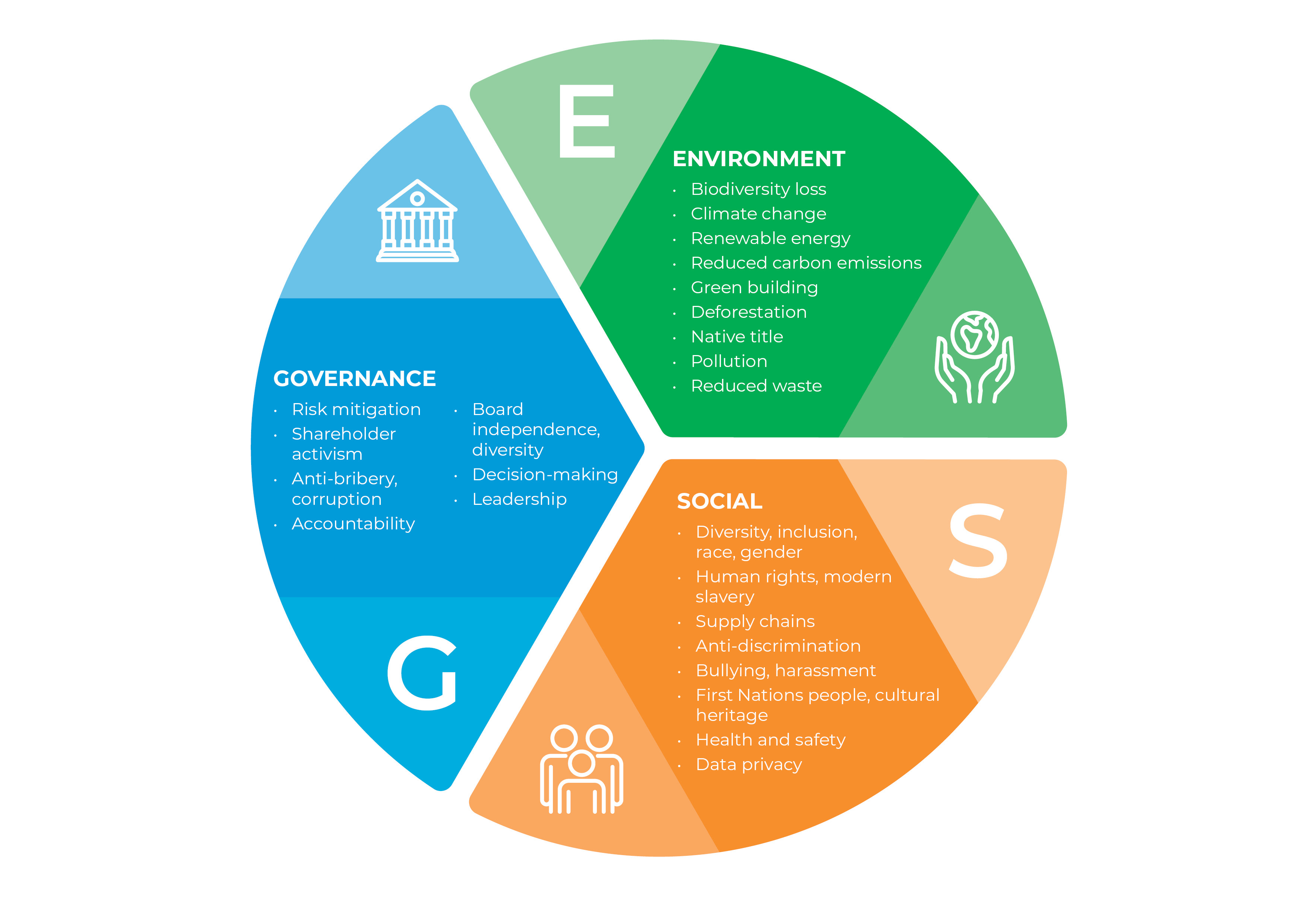LSEG ESG Scores Explained: A Complete Guide to Sustainable Investing in 2025

As sustainable investing continues to gain momentum, understanding the LSEG ESG scoring methodology has become crucial for investors. This guide explores the assessment process and its significance in making informed, responsible investment decisions.
What are LSEG ESG Scores? LSEG (London Stock Exchange Group) ESG scores, formerly known as Refinitiv ESG ratings, provide a comprehensive evaluation of a company's performance in relation to environmental, social, and governance (E S G) factors. These scores assist investors in identifying potential risks and opportunities within their portfolios, enabling more responsible investment choices.
It's worth noting that LSEG acquired Refinitiv in 2021, integrating its ESG scoring system into LSEG's broader suite of financial data and analytics tools.
Key Components of the LSEG ESG Scoring Methodology The LSEG ESG scoring methodology consists of four primary components:
Material ESG Factors: The process begins by identifying material E S G factors specific to each industry, considering their potential impact on a company's financial performance and reputation.These factors are identified and further refined across 10 main themes under E S G i.e. Resource Use, Emission, Innovation, Workforce,Human Rights,Community,Product Responsibility,Management,Shareholders and Corporate Social Product Responsibility.
Data Collection: LSEG gathers ESG data from various sources, including public disclosures, third-party databases, and company engagements, ensuring a comprehensive assessment.
Scoring and Weighting: Each ESG factor is assigned a score based on a company's performance. These category scores are then rolled into three "pillar scores", with the 'E' and 'S' pillars weighted according to their relevance to the specific industry, while 'G' weights remain consistent across all industries.
ESG Score Calculation: The final ESG score is calculated by aggregating the individual scores and applying the weightings. This score represents a company's overall ESG performance.
Recent Updates to LSEG ESG Scoring Methodology Since the acquisition of Refinitiv by LSEG, there have been some updates to the ESG scoring methodology:
Enhanced Data Coverage: LSEG has expanded its ESG data coverage to include more companies and industries globally.
Improved Transparency: The methodology now provides more detailed breakdowns of individual E S G factors, allowing for greater transparency in the scoring process.
Integration with Other LSEG Products: ESG scores are now more seamlessly integrated with other LSEG financial data and analytics tools, providing a more comprehensive view of a company's performance.
Focus on Double Materiality: The updated methodology places greater emphasis on both the impact of ESG factors on a company's financial performance and the company's impact on the environment and society.
LSEG ESG Scoring Scale LSEG assigns ESG scores on a scale from 0 (worst) to 100 (best). Companies with higher scores demonstrate strong ESG performance and lower exposure to ESG risks.
80-100: Excellent
60-79: Good
40-59: Average
20-39: Poor
0-19: Very Poor
Featured Article : How to calculate your ESG Score
The Importance of LSEG ESG Scores for Investors as they play a crucial role in sustainable investing by helping investors:
Identify ESG Risks: By understanding a company's ESG score, investors can gauge potential risks that may impact the financial performance and long-term value of their investments.
Make Informed Decisions: LSEG ESG scores enable investors to compare companies within the same industry, facilitating better decision-making when allocating capital to responsible investments.
Monitor Portfolio Performance: Regularly reviewing a portfolio's ESG scores can help investors identify areas for improvement and ensure alignment with their sustainable investment objectives.
In conclusion, the LSEG ESG scoring methodology serves as a valuable tool for investors looking to incorporate E S G factors into their investment strategy. By understanding the methodology and its implications, investors can make more informed decisions and contribute to a sustainable future. As LSEG continues to refine and enhance its ESG scoring system following the Refinitiv acquisition, investors can expect even more robust and insightful ESG data to inform their investment decisions.
KnowESG provides access to thousands of company ESG ratings and reports, at a glance.

